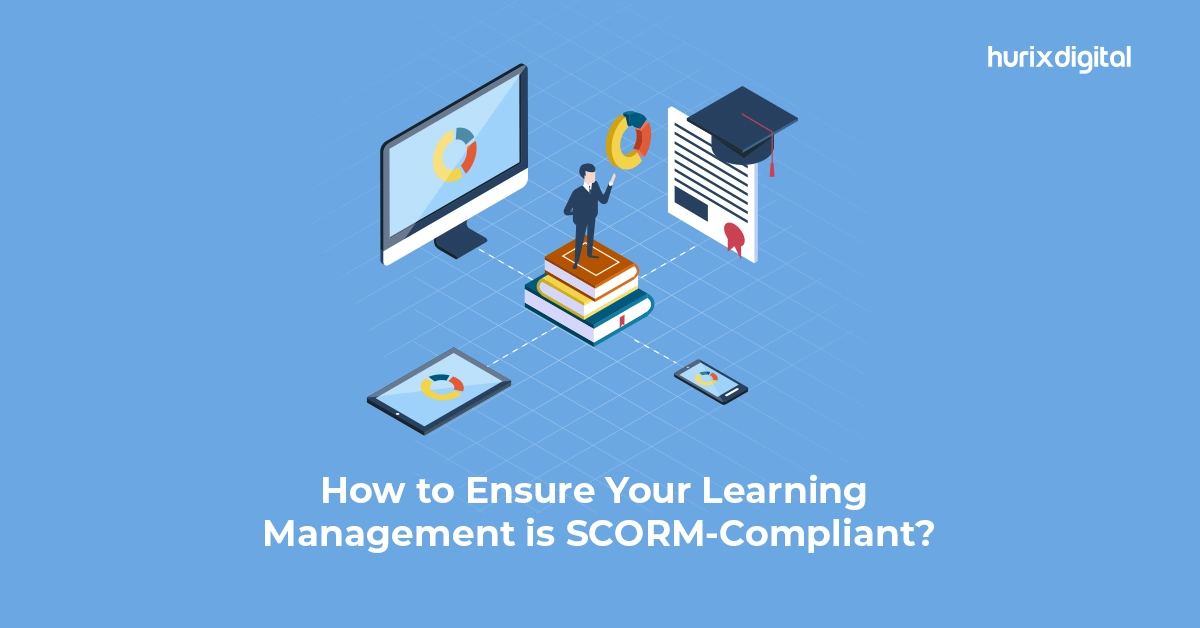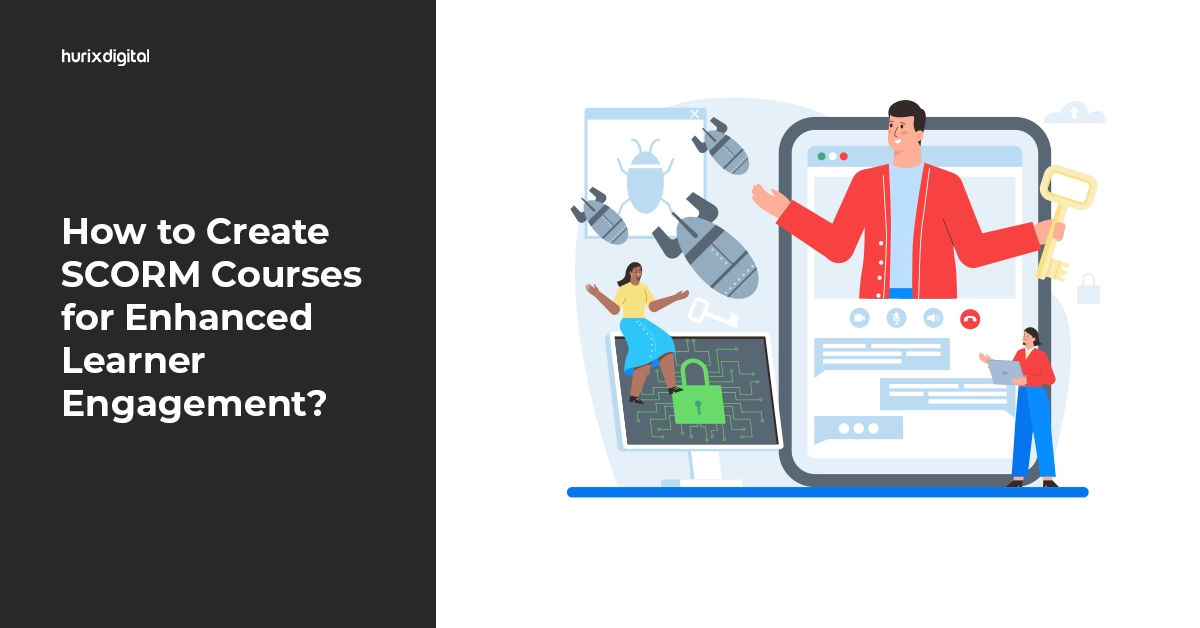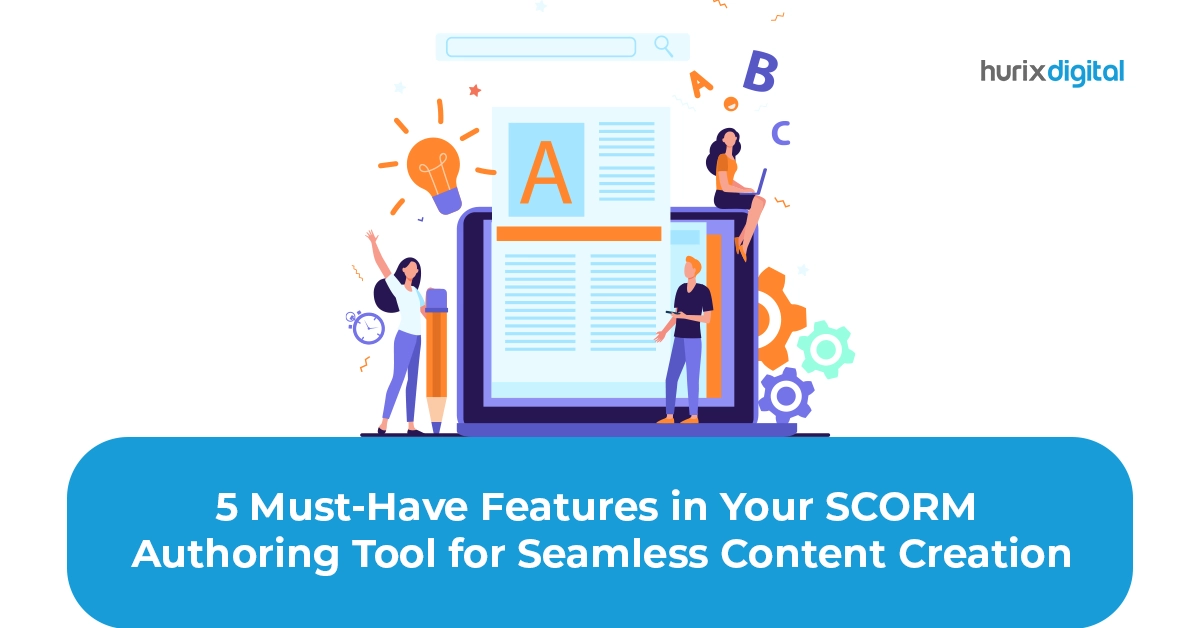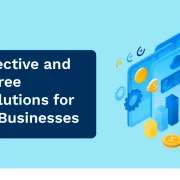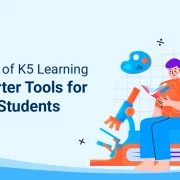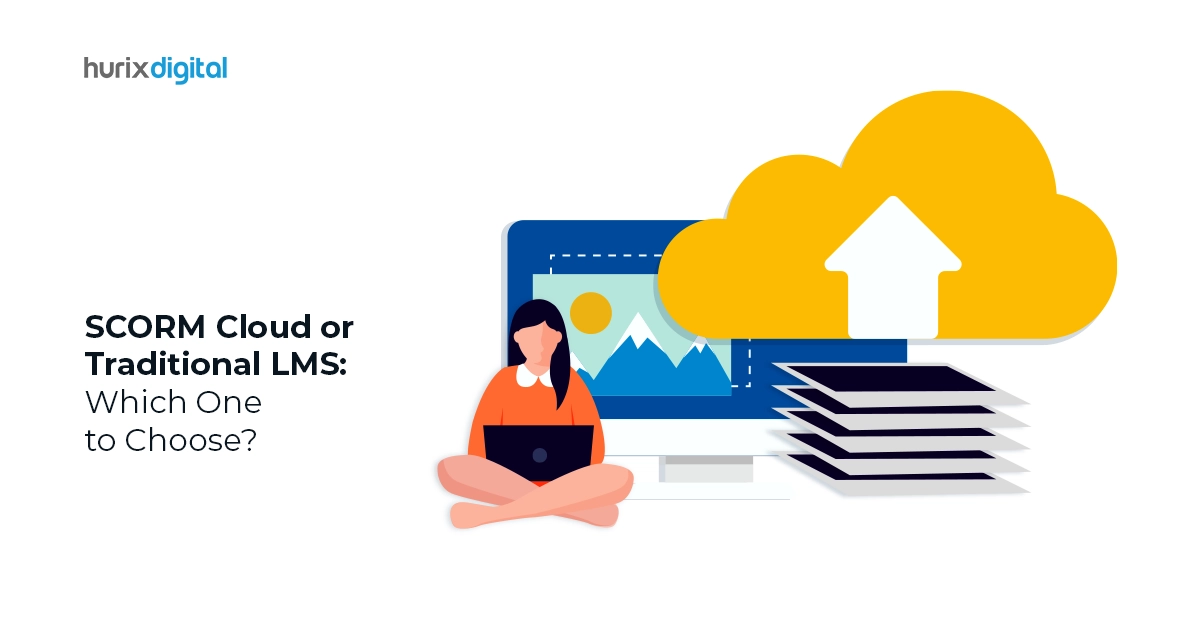
SCORM Cloud or Traditional LMS: Which One to Choose?
Summary
Explore the differences between SCORM Cloud and traditional LMS options. This blog helps you decide which solution is best for your eLearning needs and goals.
Whether you are an organization or an educational institute, the most important aspect that helps you determine the success of your online training programs is content quality.
SCORM Cloud (Sharable Content Object Reference Model) and traditional Learning Management Systems (LMSs) are two of the best options to help you address this need.
However, the choice between the SCORM Cloud and a traditional LMS is not an easy one. While a well-designed SCORM Cloud package will give you the desired efficiency and precision, a traditional LMS platform can help you reproduce your SCORM compliance needs and give you a range of interesting features along with it.
To make the choice easier for you, we will discuss here the key differences between a SCORM Cloud and a traditional LMS and how Dictera can help you deliver SCORM-compliant courses with your existing LMS application.
Table of Contents:
- SCORM CLOUD: A Detailed Overview
- How Traditional LMS Differs from SCORM Cloud?
- Why Choose a SCORM-Compliant LMS over SCORM Cloud?
- To Conclude
SCORM CLOUD: A Detailed Overview
SCORM Cloud is a robust tool for testing SCORM packages designed for various LMSs. The platform caters to the needs of a variety of audiences, including academic, corporate, and eLearning vendors. To use the tool, you need to go to the SCORM Cloud web application, manage all your learning, and then integrate SCORM Cloud functionality into your application.
Among the key highlights of SCORM Cloud are its flexible pricing model, which makes it an excellent option for organizations of any size, and its ability to cater to varied eLearning needs, such as testing content that is standards-based or delivering courses and reporting on results.
Apart from this, it supports SCORM 1.2, SCORM 2004, xAPI, AICC, cmi5 content, and PDF and MP4 files. This allows you to check your content to ensure your courses perform as per the learners’ expectations and gives you the advantage of powerful built-in reporting tools as well.
Apart from this, SCORM Cloud offers other benefits such as:
1. Direct Delivery of Courses
SCORM Cloud Invitation is a feature in SCORM Cloud that offers a simple process to deliver courses to learners and track results easily.
All you need to do here is choose from Public or Private Invitations after uploading a course to SCORM Cloud to share your courses with learners. Likewise, these private invitations also let you control access to training by sending your course directly to learners via email.
2. Easy Sharing of Access
SCORM Cloud Dispatch feature helps you deliver your courses to other LMSs while also ensuring that you host your content in your SCORM Cloud account. You can leverage this feature to ensure that your course content is compatible with any LMS and that the new version of a course can be updated in multiple LMSs.
Also Read: How to Ensure Your Learning Management is SCORM-Compliant?
How Traditional LMS Differs from SCORM Cloud?
Here are some of the key differences in how a traditional LMS differs from SCORM Cloud:
1. Operates Locally
Unlike the SCORM cloud, a traditional SCORM LMS operates locally, hosting both data and software on an organization’s server to manage and deliver everything from online courses to training programs and assessments.
2. Suitable for All SCORM Files
A SCORM-compliant traditional LMS such as Dictera is a form of LMS that is suitable for all your SCORM files. Dictera is essentially SCORM software or an authoring tool that can help you completely redefine the process of creating content, including assessments.
It leverages the power of AI and ML to automate the process of creating assessments, thus offering authors, Subject Matter Experts (SMEs), and others several benefits.
3. Features and Benefits
Unlike SCORM Cloud, there are several distinct features and benefits of using a SCORM-compliant traditional LMS.
One such is adding various game elements to your training programs without much hassle and easy building of multiple instances with personalized training.
Likewise, a traditional LMS gives you the advantage of powerful online employee training videos covering various training topics. It also gives you access to learning at your convenience on any device and allows you to improve productivity, performance, and employee retention with a fully integrated LMS.
Why Choose a SCORM-Compliant LMS over SCORM Cloud?
Here are some of the reasons why choosing a SCORM-compliant LMS is a better idea over SCORM Cloud:
1. No Expertise Needed
Unlike SCORM Cloud, which requires hiring a developer to adapt and use the SCORM Cloud System as an LMS, SCORM courses available on traditional LMS do not.
2. Storage
SCORM Cloud allows just 100MB of file storage space as compared to the huge storage space offered by a fully functional LMS platform.
3. Analytics
Another area where a traditional SCORM-compliant LMS such as Dictera scores above SCORM Cloud is the reports and analytics. A SCORM-compliant LMS allows you to tailor the reports to get data and insights about users within the platform.
Also Read: How to Create Engaging Assessments in 5 Steps?
To Conclude
When it comes to choosing between SCORM Cloud and a LMS, it primarily depends on your unique requirements.
The availability of a wide range of learning systems available in the market makes it important to start by identifying what you need your training application to do followed by comparing those requirements with the capabilities outlined by SCORM Cloud and most traditional LMSs.
After comparing the differences between the SCORM Cloud and a traditional LMS, it is safe to say that implementing a traditional LMS solution to work with your SCORM content is a recommended choice here.
Dictera from Hurix Digital is one such SCORM-compliant LMS software that complies with all the above-mentioned features including its easy-to-use and intuitive interface and the option to generate advanced reports.
Some of the other key highlights of a traditional LMS such as Dictera are customized LMS and learning paths, built-in content libraries, competency management tools, the opportunity to do a skills gap analysis, and forums where learners can collaborate easily.
Connect with us now to learn more about Dictera.

Currently, Serving as the Vice President of Technology and Principal architect at HurixDigital, a leader in edTech world. With 25 years of IT Services experience, I specialize in EdTech and various domains, focusing on digital transformations, integration, and AI/ML in education. My expertise drives innovative solutions and operational efficiency, leveraging cutting-edge technologies to meet industry needs.
